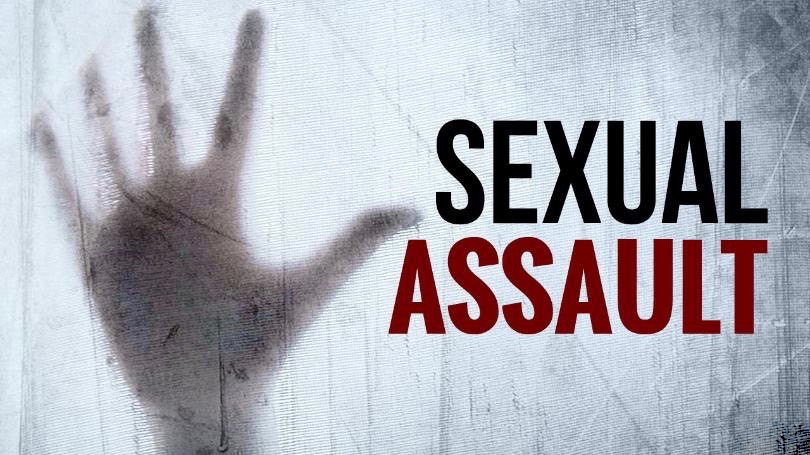An example of a flaw credibility assessment of testimony in a sexual assault cases results in a conviction being overturned on appeal
Published On: Sep 26,2018

In Reginav. J.L., 2018 ONCA 756the OntarioCourt of Appeal set aside the accused’s conviction for sexual assault and ordered a new trial At trial, the case that turned largely on credibility. This case is just one example of a flaw credibility assessment of testimony in a sexual assault cases results in a conviction being overturned on appeal
The accused was convicted of sexually assaulting the complainant at a dance. . The key issues raised in this conviction appeal are (a) the sufficiency of the trial judge’s reasons, (b) whether he properly relied on a behavioural assumption, and (c) on the complainant’s post-occurrence demeanour in convicting the appellant. This case is a good example of the subtleties that may be unearthed in cross-examination during the course of the trial that may not be transparent prior to the commencement of the same.
The Court of Appeal agreed and found that the trial judge did not engage in any analysis of the testimony of the complainant and the accused other than to note “inconsistencies and many lapses of memory.” In fact, the judge essentially relied on two (2) facts to explain why the complainant’s version of the events accepted, namely that: (i) she did not consent to sexual contact; and (ii) that the accused pressed on with attempted intercourse: the complainant’s demeanour after the incident and the finding that it “defied common sense” that a young woman would go outside in a dress in mid-December and consent to sexual activity on the ground.
The court held that the trial judge failed to consider the similarities in the complainant’s emotional state before and after the alleged assault. Her physical state was also consistent with the possibility of having engaged in consensual sexual activity. The trial judge’s assumption about what a “young woman” would or would not do could not be taken as a fact, and yet the trial judge relied on it to reject the accused’s evidence. There was a danger that this reasoning affected the trial judge’s conclusion as to whether the Crown had proven its case. The Appellate Court stated the following in relevant part:
[46] The second basis for the trial judge’s conclusion depended on an assumption about what a “young woman” will and will not do. As mentioned, the trial judge said: “I cannot accept that a young woman would go outside wearing a dress in mid-December, lie down in dirt, gravel and wet grass and engage in consensual sexual activity.” In other words, the trial judge could not accept, or even have a doubt arising from, the appellant’s evidence because the trial judge was of the view that, young women would not do what the complainant was said to have consensually done. There is a real danger that this reasoning contributed to the trial judge’s assessment of whether, on the whole of the evidence, the Crown had proven the appellant’s guilt beyond a reasonable doubt. I do not share the trial judge’s view that it can be taken as a fact that no young woman would consensually engage in the alleged behaviour.
[47] Although trial judges must exercise common sense when making credibility findings and resolving what actually happened in a case, relying upon assumptions about what young women will and will not do may impact a judge’s objective deliberation of the reasonable doubt standard. In R. v. Mah, 2002 NSCA 99 (CanLII), [2002] N.S.J. No. 349, at para. 75, Cromwell J.A. (as he then was) stated: “Assumptions about the ways of the world appear to have contributed to the judge’s failure to give proper consideration to the question of whether, on the whole of the evidence, he had a reasonable doubt”. Here, by relying on an assumption regarding what young women will and will not do, as if it were a fact, and in light of the centrality of that assumption to the trial judge’s reasoning, his finding of guilt was tainted by error.
Again, this case is a good example of the subtleties that may be unearthed in cross-examination during the course of the trial that may not be transparent prior to the commencement of the same.
If you have been charged or are about to be charged with sexual assault under section 271 of the Criminal Code of Canada, contact Mr. J. S. Patel, Criminal Lawyer in Calgary or Toronto at 403-585-1960 for an initial consultation.